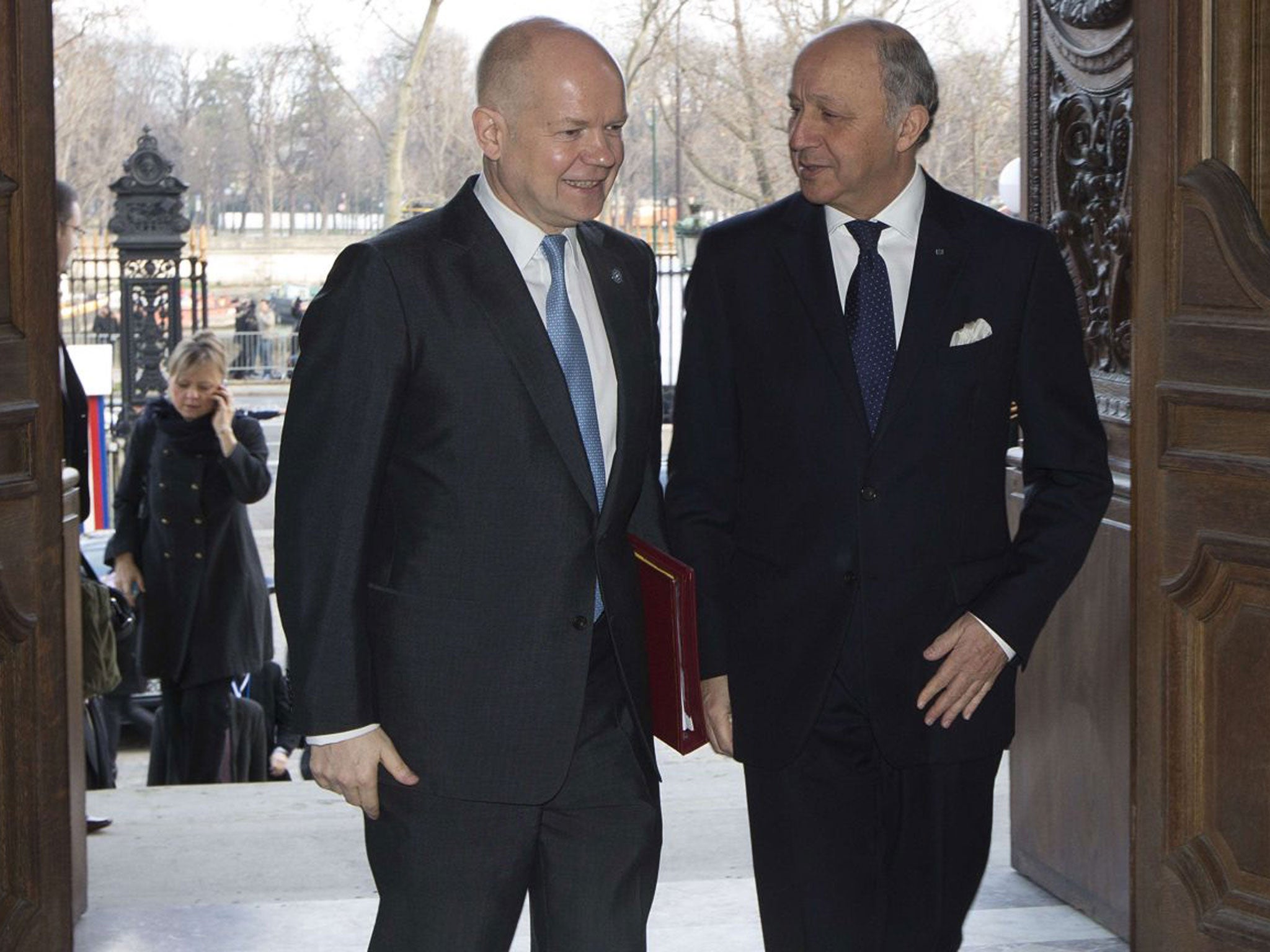Pressure grows for inquiry into UK role in Iraq 'war crimes'
Senior UK military and political figures could end up in the dock as 400 victims denounce 'systemic' use of torture and cruelty

Legal experts from around the world are to join calls for an investigation into whether British politicians and senior military figures should be prosecuted for alleged war crimes in Iraq.
An open letter from about a dozen heavyweight figures will increase the pressure on the International Criminal Court (ICC) to launch a formal inquiry into allegations that more than 400 Iraqis were victims of thousands of incidents of mistreatment amounting to “torture or cruel, inhuman or degrading treatment.”
The Independent on Sunday revealed that a 250-page dossier has been submitted to the ICC in The Hague by Public Interest Lawyers and the European Centre for Constitutional and Human Rights. It will be published in London on Tuesday.
Ministers dismissed the need for an investigation, pointing out that the ICC had rejected such a call in 2006. However, the letter from international experts will argue that fewer than 20 cases were known about then and that hundreds of new cases have emerged since.
William Schabas, professor of law at Middlesex University, who is co-ordinating the letter, said: “There is fresh evidence that was not there in 2006. A lot more has come to light since then. We think the 2006 decision was wrong and we want the [ICC] Prosecutor to look at it through a different lens.” He believed there was enough evidence to pass the tests for an ICC inquiry to be launched – that there was systematic rather isolated abuse; the scale of the complaints cleared the “gravity” threshold and that the claims had not been properly investigated by the UK. However, the Government will argue that these criteria have not been met.
The dossier names General Sir Peter Wall, the head of the British Army; Geoff Hoon, the former Defence Secretary and Adam Ingram, the former Armed Forces Minister, who did not respond for requests to comment. The complainants decided to name those responsible for the UK’s strategy in Iraq following the US-led invasion in 2003. But political and defence figures said the ICC was unlikely to hold them responsible for actions “on the ground.”
William Hague, the Foreign Secretary, said there was no “systematic” torture by troops and individual cases had either already been dealt with by the British authorities or were the subject of inquiries.
He told Sky News: “There have been some cases of abuse that have been acknowledged and apologies and compensation have been paid appropriately. But the Government has always been clear and the armed forces have been clear that they absolutely reject allegations of systematic abuses by the British armed forces. The British armed forces uphold high standards and they are the finest armed forces in the world.“
Lord Goldsmith, who was Attorney General at the time of the invasion, said: “Although I’ve had concerns, I never saw evidence of systematic abuse, I never saw evidence for example – and that is what has surprised me today – that any senior politicians or even, for that matter, or even senior military figures were aware, let alone authorised this. I think it is unfortunate that people who are out of office have these sorts of headlines against them so we’ll have to see.”
Lord Dannatt, the former Head of the Army, was “very optimistic” the allegations would not be proven. He told Sky: “To suggest that this was a systemic, widespread, almost a matter of policy, I find that very hard to understand, very hard to accept and I would be very, very surprised if a case held up in somewhere like the ICC.”